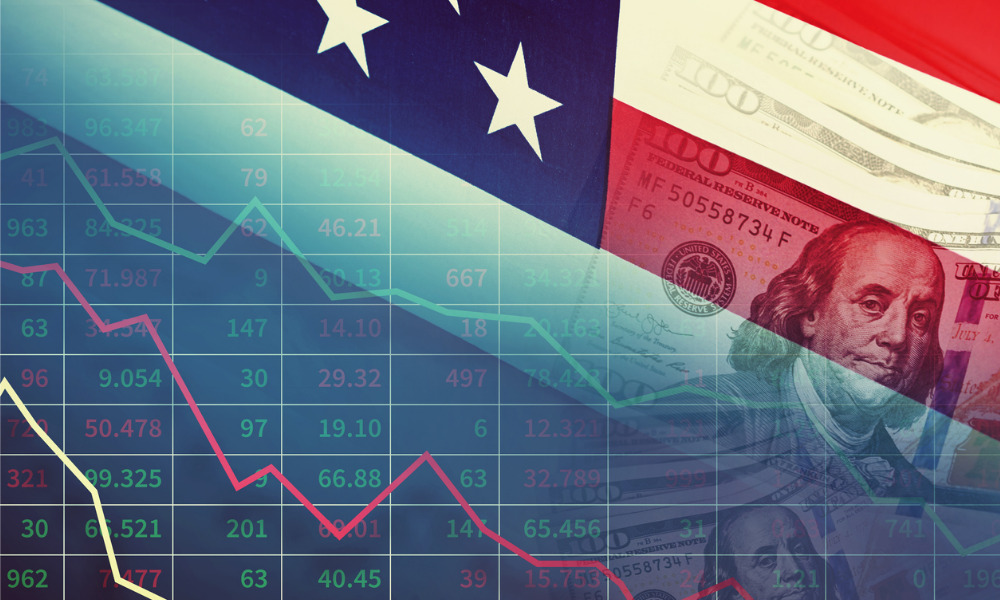Economists warn that recession is highly likely by the end of next year

Recent economic activity has been pointing to a growing risk of recession, according to a Bloomberg report, with experts saying that a downturn is highly likely by the end of next year. And while this downturn isn’t likely to hit as hard as recessions of the past, economists predict that it could last a significant amount of time.
“The good news is there’s a limit to how severe it’s going to be,” Robert Dent, senior US economist at Nomura Securities, told Bloomberg. “The bad news is it’s going to be prolonged.”
According to Dent, the economy could experience a roughly 2% contraction at the beginning of the fourth quarter, lasting through the following year.
Lindsey Piega, chief economist for Stifel Nicolaus & Co, came to a similar conclusion, telling Bloomberg that a recession is “all but inevitable” and that the real question lies in what the depth and length of this downturn is going to be.
The answer to this is largely in the hands of the Federal Reserve, which has remained committed to driving inflation down by rising interest rates.
“The Fed is not going to pause until they see that inflation has convincingly come down,” said Anna Wong, Bloomberg’s chief US economist. “That means that this Fed will be hiking well into economic weakness, likely prolonging the duration of the recession.”
Fed chair Jerome Powell has said that the economy remains in “strong shape” to withstand interest rate hikes and avoid a recession, but these comments have done little to halt concerns of what’s to come. Luckily, experts believe that a recession in our current economic landscape won’t be as brutal as the downturns of the early 80s or the financial crisis of 2007-2009.
According to noted academic economist Robert Gordon, the Fed’s current mission requires only “about half the amount of disinflation” that was needed in the 1980s. Additionally, consumers, banks, and the housing market are all in a better position today than they were in the period leading up to the 2007-2009 financial crisis.
Even amid surging mortgage rates, today’s housing market is still in a better place than 2006-2007 when it was overflowing with supply. Doug Duncan, chief economist at Fannie Mae, told Bloomberg that housing inventory is currently about “two million housing units short of what our demographic profile would suggest at this point.”
“That puts a floor to some degree under how big a recession could be,” he said, pointing to the likelihood of a sharp depreciation in home-price hikes, “but not an outright decline.”



